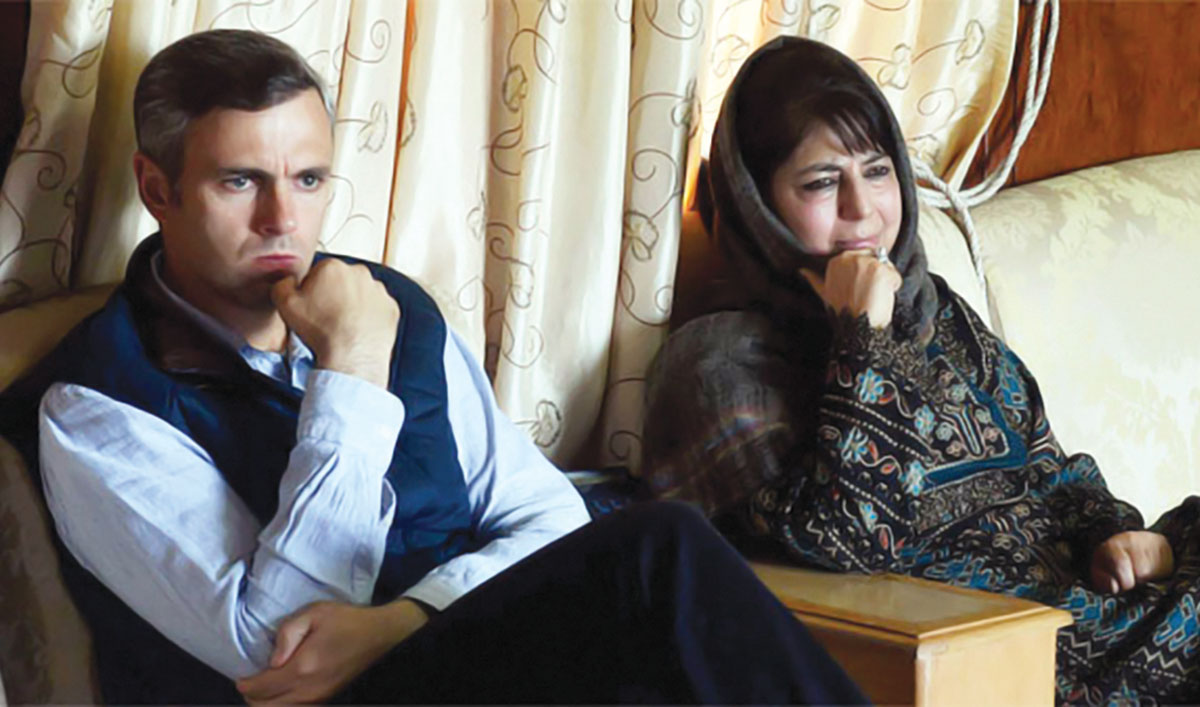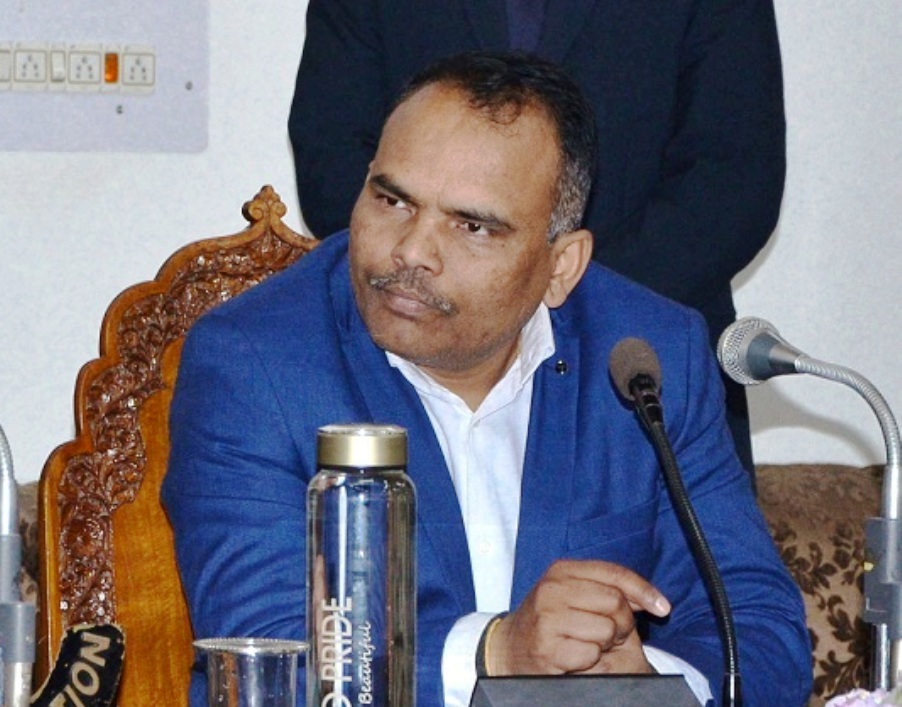Mubeen Masudi is among a select few from the valley who have qualified the JEE exam for admission into IITs. Now in his final year of study at IIT Bombay, he has important advice for Kashmiri students. Ibrahim Wani reports.
“If you want to go to an IIT there is one thing you must always take care of,” says Mubeen Masudi. “Never ever lose focus”.
Mubeen qualified the Joint Entrance Examination (JEE) for admission to Indian institutes of technology (IITs) in 2007, and secured a civil engineering seat in the prestigious IIT Bombay. Today he is in the final year of his engineering programme. “If you aim for the IIT then let nothing distract you, because even a small distraction can derail all of your preparation,” he adds.
“Remember you just have to work hard for two years and these two years will determine the course of your life,” says Mubeen. He himself started preparing for the JEE just after passing the 10th class. “I did not go for tuitions for the board exams but for the JEE,” he states.
 “You need not be a genius or a class topper to secure admission to IIT,” he says. Citing his own case, Mubeen says that he was an average student at class. He decided on becoming an engineer only after class 8th when he found mathematics and physics to his liking. “I decided that if I want to be an engineer, I will go to the best college in the country,” says Mubeen.
“You need not be a genius or a class topper to secure admission to IIT,” he says. Citing his own case, Mubeen says that he was an average student at class. He decided on becoming an engineer only after class 8th when he found mathematics and physics to his liking. “I decided that if I want to be an engineer, I will go to the best college in the country,” says Mubeen.
The first step for Mubeen was to go for coaching. He sought admission in one of the premier coaching institutes of Delhi-Vidhya Mandir. “But even to go to this centre, I had to pass an exam which had thousands of candidates vying just for a hundred or so seats,” he says. But he is quick to point out that tuitions are not a prerequisite for qualifying the JEE. “For this sort of an exam whatever is taught in school is not enough. An extra effort and guidance is needed and that is where a coaching centre comes in,” he says. “But if you feel that you can do it yourself then there is no need of tuitions,” he adds.
For two years he went to tuitions with the mind of clearing the JEE. “In the board exams it is just important that you are able to pen down a particular concept, and your understanding of the concept does not matter,” says Masudi adding, “the JEE tests you for your conceptual clarity.” According to him this is where most of the Kashmiri students go wrong. “They study first for the board exams, and then believe that in just 3 months they can cope up with preparing for JEE, which is not possible.”
Mubeen studied for 2-3 hours a day during class 11th, and this increased to 4 hours a day during class 12th. “As you come nearer to the JEE exam you have to put in more study hours,” he says, “but it is not just the number of hours you put in which matters but the quality which is put into those hours which counts.”
Setting targets is also essential, says Mubeen. “You have to set yourself a target that you will complete a particular topic in a particular time period, and then actually do it.” A topic often involves solving thousands of numerical to understand all the different ways in which a question may be asked, he adds.
Hardly one or two students from the valley are able to qualify the JEE exam. Mubeen feels that the biggest reason for this situation is that Kashmiri students lack the exposure for this sort of a test. “When you sit in a competitive exam you must know what you are competing against,” he says. “To change this you have to put in a sincere effort. You must understand the exam to qualify it.”
The easiest option according to him, would be to subscribe to JEE study material which is easily available. “Today you can get everything on the internet. You just need to search.”







